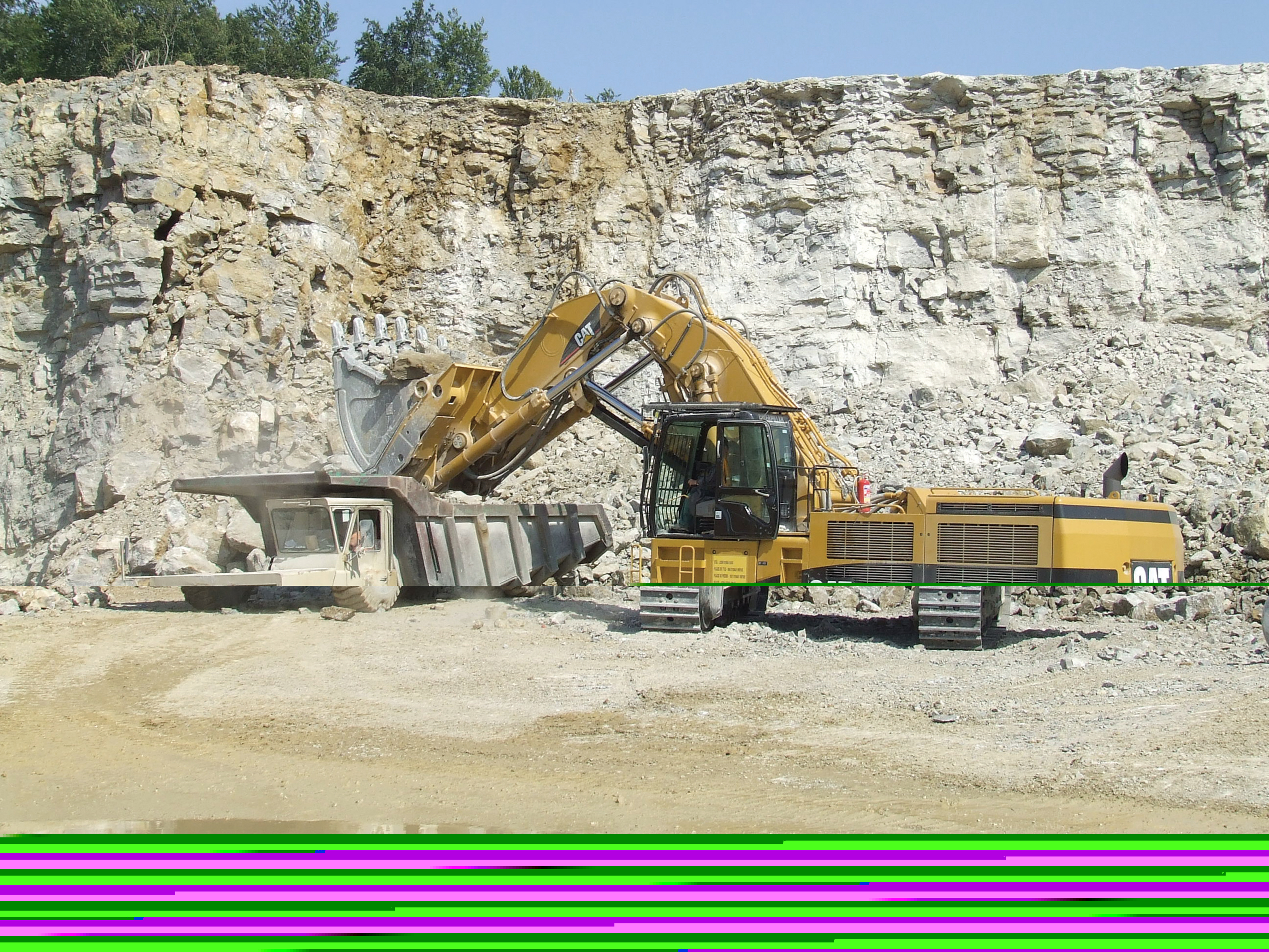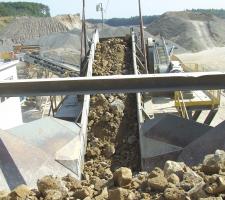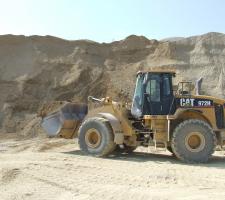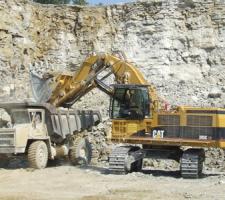
One of Poland's leading quarry operators was one of the smallest when it became the country's first Privately owned aggregates business. Claire Symes visited the site to find out about this rapid growth
Like all Polish quarries
Today Kopalnie Dolomitu has four quarries in the area around Sandomierz in Southern Poland and also has a number of road construction interests.
The operation was the smallest in Poland when it started in 1975 but, since being privatised, has become one of the largest quarry operators here, "supplying 25% of the country's aggregates," said Bokwa.
Until 1996 the company was non-profit making but since he took over management of the business, Bokwa has been seeking out opportunities to expand the business. There are now 220 shareholders in the company, all of whom were employees when it was privatised.
"Once we started to make a profit, we invested in road construction companies," he said. "We realised there was more opportunity if we not only produced the aggregates but could also sell and lay the asphalt too." One of Kopalnie Dolomitu's sister road construction companies is currently carrying out one section of the A4 highway project and supplying asphalt to several other contractors on the scheme.
In total Kopalnie Dolomitu has six road construction companies.
The company also used it profits to invest in new reserves and now operates four quarries within a 40km area of Sandomierz with a capacity to produce 5million tonnes per year. The company has another sister company that operates a further two quarries that take the combined production capacity up to 7 million tonnes per year.
When asked about the reserves owned by Kopalnie Dolomitu, Bokwa laughed and said that there are enough to outlast his grandchildren's lives.
From the production of all four quarries, 90% goes to the roads market and 10% to general construction or manufacture of lime for agricultural uses.
Around 200,000tonnes is used by the company's own road construction businesses.
The company operates an asphalt plant at its Jurkowice and Budy quarries.
The plant is three years old and has capacity to produce 260tonnes per hour.
The company has also invested in two other plants this year. Both are mobile units with a 160tonne per hour capacity which are currently permanently located in the sister company's quarries at Lezajsk and Przemysl, which are 100km and 170km from Sandomierz, respectively.
The company's two largest quarries are Jurkowice and Budy, which are divided by a road, and located 40km from Kopalnie Dolomitu's offices in Sandomierz.
The quarries use a mix of fixed and mobile crushing and screening equipment. According to Bokwa, the mobile units are mostly used for the more variable upper deposits and the fixed machines for the lower benches. The company uses a mix of equipment from
Extraction in all the quarries is carried out by drill and blast. Blast holes are drilled using
The company has a fleet of
Bokwa said he has stuck with buying Cat machines since privatisation for several reasons. "I was able to negotiate on price as well as use their finance facilities but they also offer good service and high reliability," he said. "There is a need to focus on profit, so if there was a better solution available I would go for that." The quarry was one of the few in Poland to benefit from Cat machinery in the 1970s, when it has one of the first track type loaders delivered in 1976.
Quarry manager Marek Zajac said that the site was very lucky to receive this as all machinery was centrally bought in those days rather than bought for a specific application.
Bokwa said that he is expecting demand for aggregates from the company's quarries to grow and the business has seen no real impact from the economic slowdown. "Banks here seem to have taken less risk with lending in the boom time and now, as a result, are not so impacted by the recession," he said.
He added that if all goes well, he expects to open a further two quarries locally in the near future.
Looking back at the privatisation process, Bokwa said there had been a lot of red tape to deal with but this has not diminished and such delays could also affect the new quarries. "In theory they could open next February, but the authorities could hold the decision for a year with no reason," he explained.

















